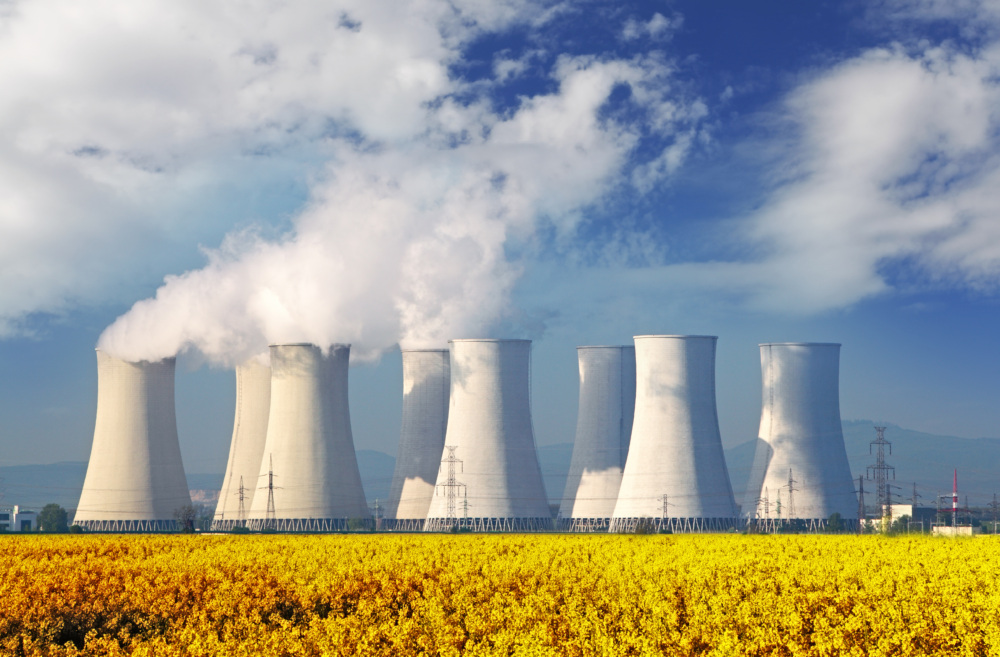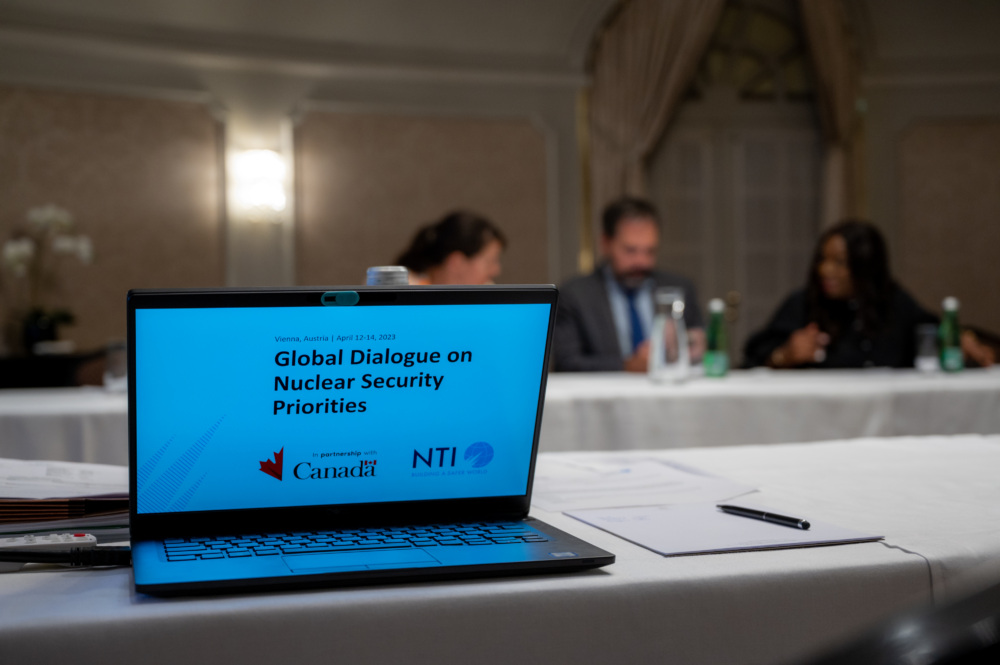
Sam Nunn
Co-Founder and Co-Chair, NTI
Thank you, Chris Ford, for the opportunity to participate in this inspiring event marking the 50th anniversary of the Nonproliferation Treaty.
The NPT remains the foundation for preventing the spread of nuclear weapons and for sharing the benefits of peaceful nuclear technology, as President Trump’s letter indicates. The fundamental bargain at the heart of the Treaty is as essential today as it was 50 years ago.
While we celebrate this historic anniversary and pay tribute to the men and women who made it possible, we have a duty to look at our present and future challenges. In 2007, George Shultz, Bill Perry, Henry Kissinger, and I called for reversing reliance on nuclear weapons globally as a vital contribution to preventing their proliferation and ultimately ending them as a threat to the world. I believed then, and believe now, that this is the obligation of the nuclear weapons states under the NPT. I also believe that reducing reliance is the key to reducing the number of nuclear weapons over time and reducing risks now.
Despite the significant progress in reducing total nuclear stockpiles by 75 percent since their Cold War heights, the risk of use of nuclear weapons is growing.
I believe that the greatest risk of nuclear use today is blunder, particularly in a time of crisis, rather than premeditated first use. There is an increased potential for cyber-interference with command and control and early warning systems. The cyber-attack threat is already compressing crucial decision time for leaders and making crisis information less reliable. This greatly increases the risk of blunder, false warnings, miscalculations, or accidents.
Combine these developments with continued Cold War nuclear postures that rely on rapid-launch;
Add in the breakdown of the arms control architecture that helped manage and reduce nuclear risks over the decades;
Then consider, until recently, the absence of strategic stability dialogue among key nuclear powers.
The result – we are moving into an era of enhanced nuclear risk.
As this audience knows, the NPT faces tough challenges, including stalled progress on North Korea, the uncertain future of the Iran Agreement and the Iranian nuclear program, the continued failure to bring the CTBT into force, and the understandable frustration by the non-nuclear weapons states about the slow pace of nuclear disarmament.
So, is there reason for hope? Can we get on a more productive path? I believe that the answer is yes.
Let me give you a few of my own suggestions, as options for consideration:
Russia and the United States have 90% of the world’s nuclear weapons. As Sig Hecker, the former head of Los Alamos, says, Russia and the U.S. are doomed to cooperate. In the nuclear arena, we must move away from treating diplomacy as a reward for good behavior rather than an essential continuing tool to reduce existential risks.
The leaders in Congress should form a bipartisan liaison group to coordinate with the Executive Branch on nuclear policy, arms control, Russia policy, and NATO.
President Trump and President Putin should jointly declare the baseline principle articulated in 1985 by Ronald Reagan and Mikhail Gorbachev that, “a nuclear war cannot be won and must never be fought.” China and the other members of the P5 should be invited to join this statement.
The U.S. and Russia should extend the New START Treaty now to preserve what is already working and should begin discussing now what comes next to further reduce nuclear risks and numbers of weapons.
The Open Skies Treaty should be strengthened and followed in letter and spirit by all parties.
“Red-line understandings” for cyber and space must be developed – beginning with the U.S. and Russia.
President Trump and President Putin should mandate that their military and scientific leaders work on options to increase decision time for leaders in both countries in any nuclear crisis and work together to minimize fears of a short-warning attack. This is fundamental.
We should continue the important work being done by the International Partnership for Nuclear Disarmament Verification (IPNDV). NTI is pleased to partner with the U.S. State Department on this project, and I want to thank Chris and your team for your strong support for this effort, which is a cooperative project of more than 25 countries.
We should redouble our diplomatic efforts to address the regional proliferation challenges that are growing more dangerous, including North Korea and Iran. And we must work to improve security in the Euro-Atlantic region, which is essential for stability in Europe and for rebuilding communication and cooperation required for progress on nuclear threat reduction and disarmament.
We must make technology work to reduce, not increase, risk. All nuclear weapons states should commit to undertake a comprehensive review of their own nuclear weapons systems, and related command and control communication and warning systems, to reduce any risk of nuclear war occurring as the result of accident, miscalculation, nuclear terrorism or cyber-attack. All nuclear weapons states should develop the technical capability to destroy any of their nuclear armed missiles if launched by mistake. We have fail-safe’s on satellite launches.
Finally, the 50-year track record of the NPT has been impressive – preventing widespread proliferation of nuclear weapons, ensuring that the benefits of peaceful nuclear technology are widely shared, and facilitating significant reductions in nuclear arsenals.
Unfortunately, the risk of nuclear weapons use remains dangerously high today.
Given the catastrophic consequences of any use of nuclear weapons, we should not only celebrate the 50th anniversary of the Treaty. We must also use this occasion to spur action to meet our obligations by reducing the nuclear risk to humanity and to God’s universe.
Thank you.
Sign up for our newsletter to get the latest on nuclear and biological threats.
To make good on their COP28 pledge, countries need a new approach to building, regulating, and financing nuclear technology.
Lessons Learned from 10 Years of the Global Dialogue on Nuclear Security Priorities
The NTI Index is recognized as the premier resource and tool for evaluating global nuclear and radiological security.


